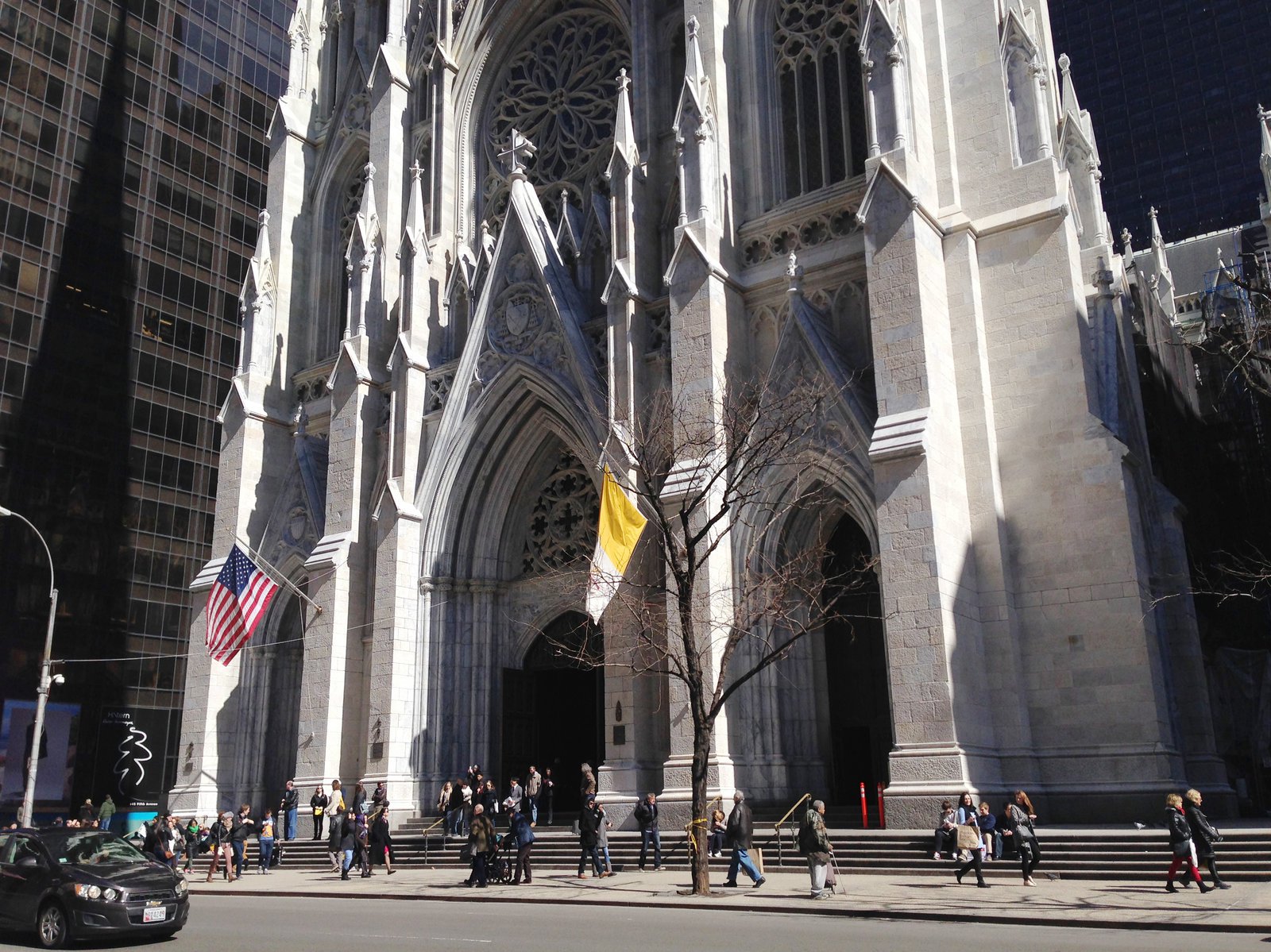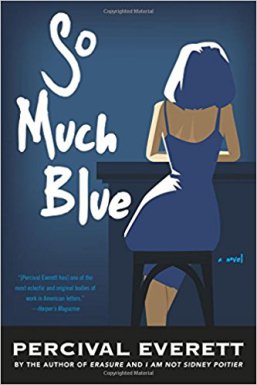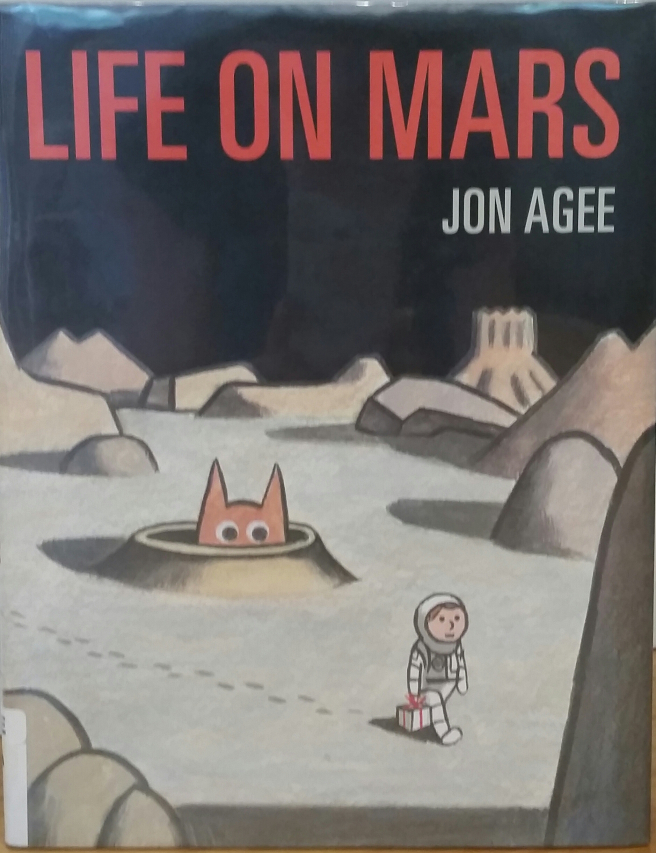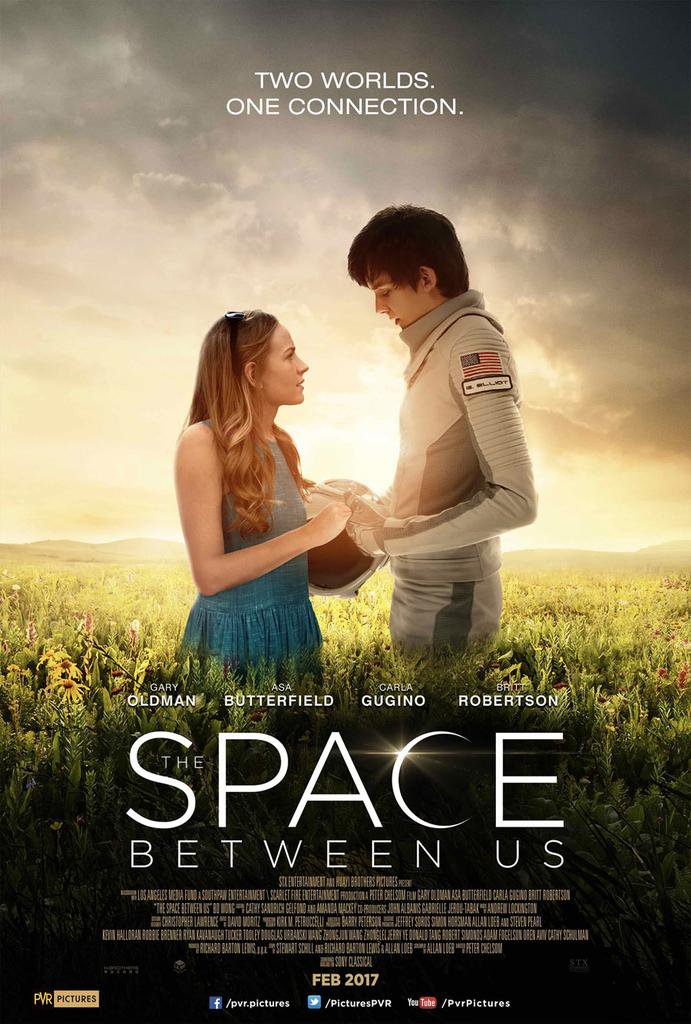
Pedestrians walk past St. Patrick’s Cathedral in New York City. The number of Americans who list their church affiliation as “none” has certainly increased, but more than 70 percent still identify generally as Christian.
Marianne O’Leary/Flickr
Here is a proposition that may seem self-evident to many people: As societies become more modern, religion loses its grip. Superstition inevitably gives way to rationality. A belief in magic is replaced by a belief in science.
Sociologists call it the “secularization thesis.” In 1822, Thomas Jefferson suggested an early version of it, predicting that Unitarianism “will, ere long, be the religion of the majority from north to south.”
Some data from modern countries support the thesis. Fifty years ago, about four of ten children in England attended Sunday school. Today, it’s only about ten percent. In the United States, just five percent of the population in 1972 reported no religious affiliation. By 2016, one out of four said they were unaffiliated.
Recent research, however, has suggested that religion is more durable than was previously thought. While church attendance has declined sharply in western Europe, secularization has been less evident in the United States. The number of Americans who list their church affiliation as “none” has certainly increased, but more than 70 percent still identify generally as Christian.
Religion provides people with a lot more than just explanations for the natural world.
The new consensus of sociologists and demographers is that modernization and secularization are indeed related, but in complex ways.
A study released this week by the Pew Research Center on the relation in the United States between religiosity and educational attainment (one component of modernization, along with technological change and others) at first glance appears to support the secularization thesis: The more education people have, the less religious they are.
Article continues:
Related




